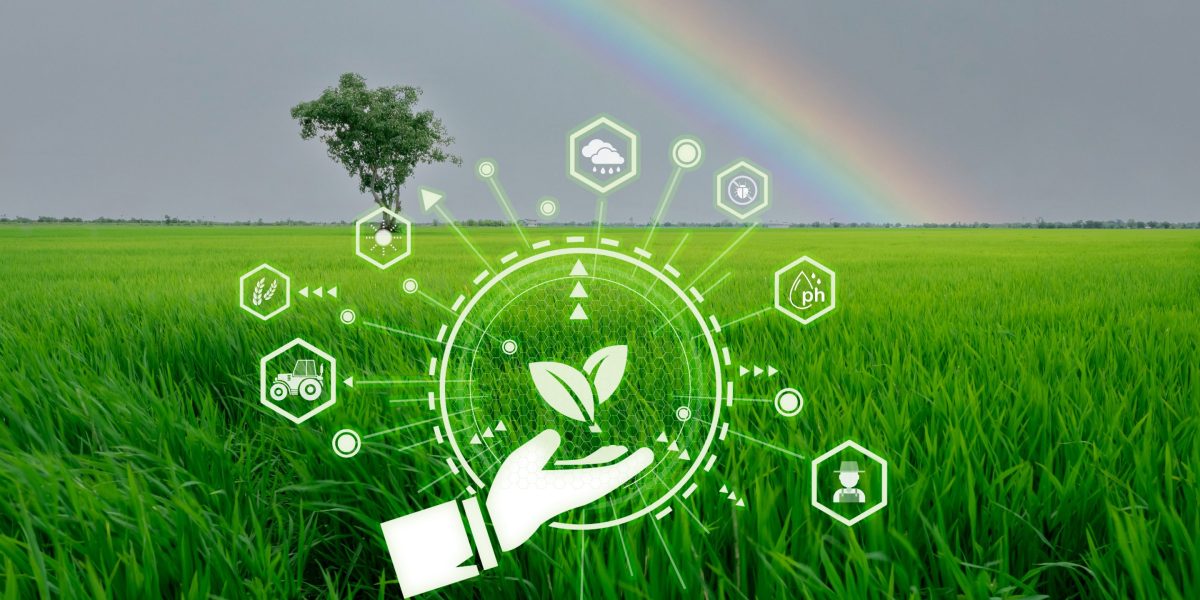In the next decade, McCain Foods, renowned for its onion rings and sweet potato fries in the frozen food sector, aims to uphold its reputation for these products. Despite a two-degree Celsius rise in Earth’s temperature in the past ten years, the predictability of sweet potato fields and garlic crops has been compromised by shifting weather patterns, intensified heat waves, and other climate change-related factors. This is where ClimateAi comes into play.
ClimateAi, an AI-driven SaaS solution, utilizes climate risk modeling to provide food and beverage companies with short- and long-term insights into weather and climate impacts. By analyzing the risks to its crops across various geographical regions, McCain received detailed recommendations from ClimateAi on adjusting its practices to maintain yields and pricing amidst changing climate conditions. The assessment also included potential financial impacts.
Himanshu Gupta, the co-founder and CEO of ClimateAi, emphasized the critical importance of adaptation in combating climate change. He highlighted the significance of identifying agricultural-specific hazards to inform decision-making processes.
Gupta explained that ClimateAi’s product evaluates risks such as weather conditions (temperature, precipitation), humidity, evapotranspiration, solar radiation, wind speed, as well as crop development stages and location-specific attributes. By employing machine learning, the software forecasts extreme weather events from two days to twenty years ahead, presenting the information in a user-friendly platform customizable for different regions, timeframes, and crops.
Access to this vital information has spurred investments in heat-tolerant crops, the development of climate-resistant seeds, and substantial returns on investment for clients. Gupta estimates that customers can expect a 10 to 17-fold profit on every dollar spent on ClimateAi systems.
Machine learning models, according to Gupta, streamline the process by predicting optimal regional weather conditions, enabling quicker responses from agricultural fields.
ClimateAi, boasting five trademarks for its systems, utilizes physics-driven AI akin to self-driving car strategies to deliver precise forecasts at various time scales. By incorporating vast data sets, the platform caters to over 20 leading food brands globally, including McCain Foods and The Great Company.
Gupta underscored the importance of ClimateAi’s machine learning systems in assisting food corporations’ research and development teams in understanding production risks and exploring new plant varieties resilient to changing environments. The AI technology accelerates the identification of seed characteristics necessary for thriving in specific climates, reducing both time and costs significantly.
The efficacy of ClimateAi’s forecast modeling was evident at Advanta Seeds, where timely alerts about potential weather impacts enabled proactive measures, preventing substantial financial losses. Gupta highlighted instances where ClimateAi’s predictions led to increased sales and heightened customer loyalty through strategic decision-making.
Gupta emphasized that ClimateAi’s applications empower clients to identify low-risk locations for future planting, mitigating the impact of climate variability. This feature has been particularly valued by wine and spirits companies seeking insights on grape varieties resilient to climate change and optimal grain output for spirits production.
Looking ahead, Gupta plans to introduce a ClimateAi impact product aimed at collaborating with governmental organizations. Drawing from his experience working with the Indian government on renewable energy initiatives, Gupta aims to expand ClimateAi’s reach to support farming communities in climate-affected regions.
In conclusion, Gupta reiterated ClimateAi’s mission to enhance resilience, livelihoods, and climate risk management in the face of evolving climate challenges, emphasizing the urgency of addressing these issues in the present context of food security and supply chain sustainability.






